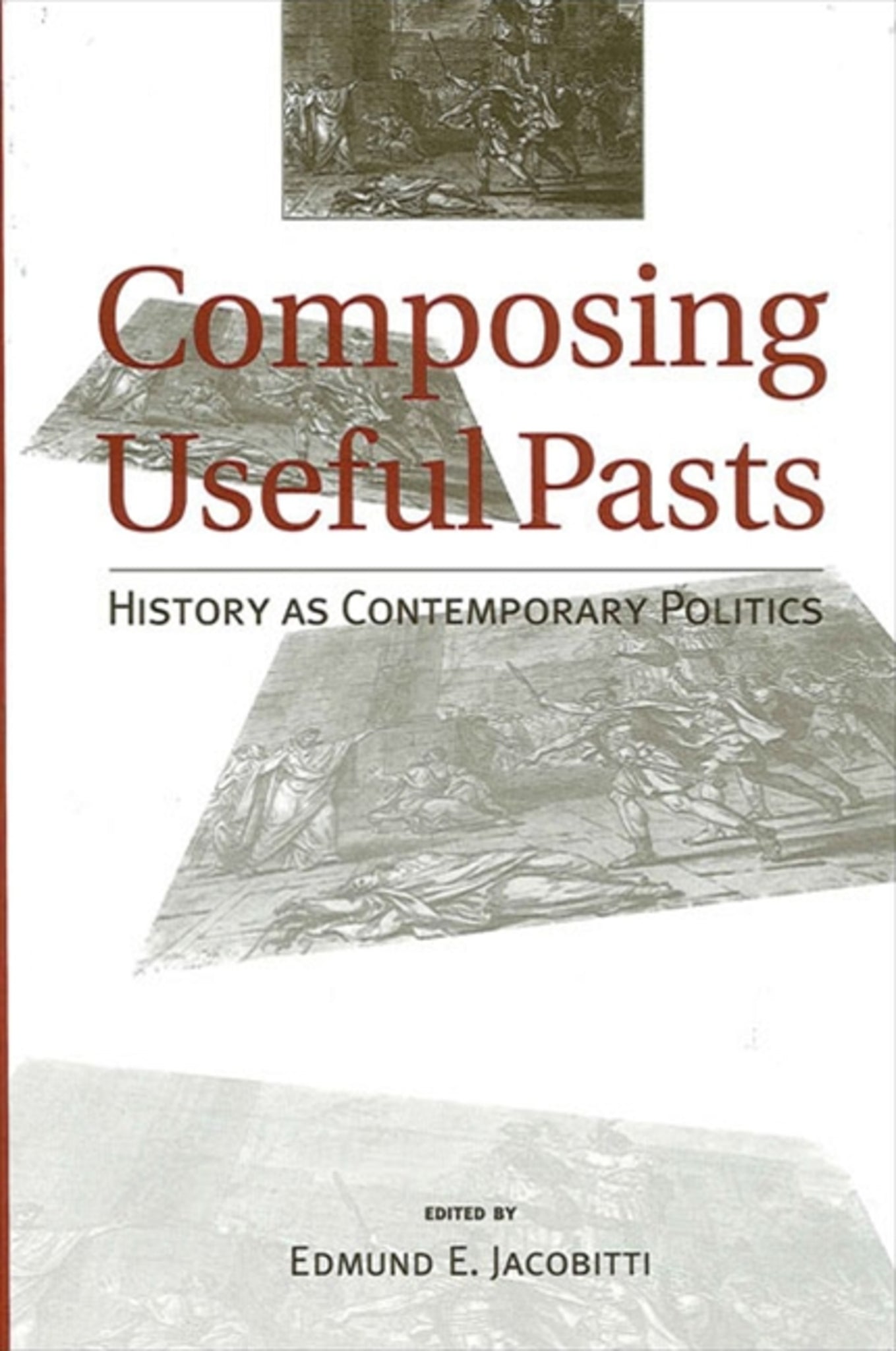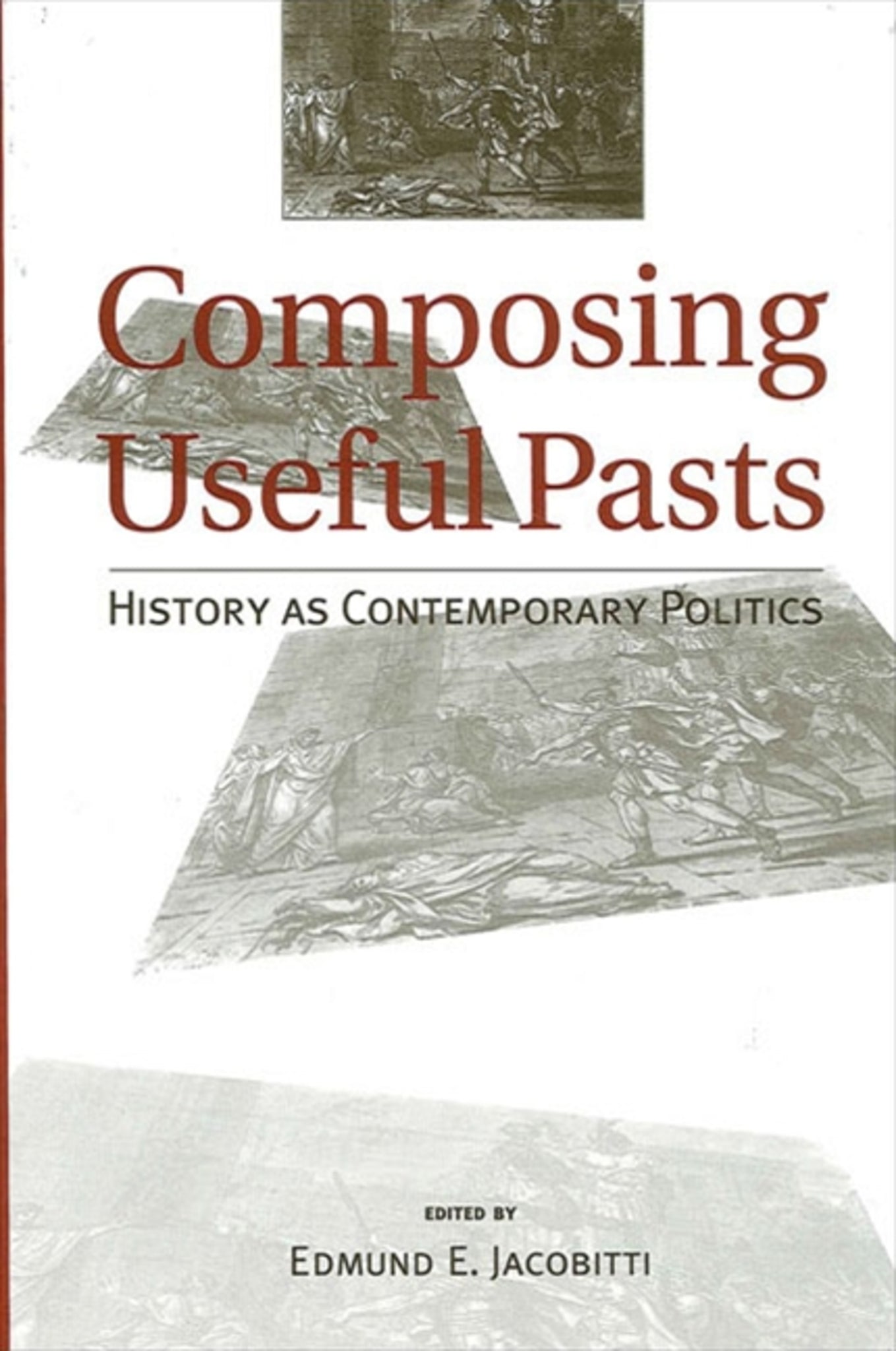We're sorry. An error has occurred
Please cancel or retry.
Composing Useful Pasts

Some error occured while loading the Quick View. Please close the Quick View and try reloading the page.
Couldn't load pickup availability
- Format:
-
07 September 2000

Argues that history is written from the present tense, meaning that its purpose is to construct convincing political arguments about who or what caused a current problem and how that problem should be addressed.
Composing Useful Pasts discusses how history is not a settled record of the dead past, but a poetic or imaginative creation stimulated by and focused on contemporary interests. Historical investigation is always and necessarily a selective reading of events. It is an interpretation that arises only because of some pressing question in the present-a question that can only be answered in terms that address the interests, concerns, and problems of contemporary readers. This book employs a postmodern philosophy of the human sciences to show the power of historical explanation in contemporary political life. It explores issues as diverse as the interpretation of the French Revolution, the influence of Greek heritage on Western culture, and the ongoing debate about America's founding principles.


"The strength of this book lies in the fact that it covers a broad range of historical periods, thinkers, poets, mediums of aesthetic expression, and points of view. Common themes running through it are the crisis of modernity and the importance of Nietzsche and Heidegger in bridging historical and poetic sensibilities." — Joanna Vecchiarelli Scott, Eastern Michigan University
"Jacobitti provides an extended argument for understanding the important role of imagination in historical consciousness. This book will challenge, interest, and educate." — Robert Hariman, author of Political Style: The Artistry of Power
List of Illustrations
Preface
Acknowledgments
Introduction: The Role of the Past in Contemporary Political Life/ Edmund E. Jacobitti
1. Imaginative Etymology (As a Type of Evidence and a Trope of Argument)/ John S. Nelson
2. Poetic History: Historical Experience, Nietzschean Genealogy, and Susan Daitch's L.C./ David W. Price
3. "Gigantic Shadows of Futurity": History and Politics in Shelley's Defence of Poetry/ Jacqueline LeBlanc
4. Painting out the Past/ Stephen Brown
5. "The Power of Kulturgeschichte": 1000 Years in the House that Jacob Built: The Italian Renaissance/ Carole Collier Frick
Contributors
Index



